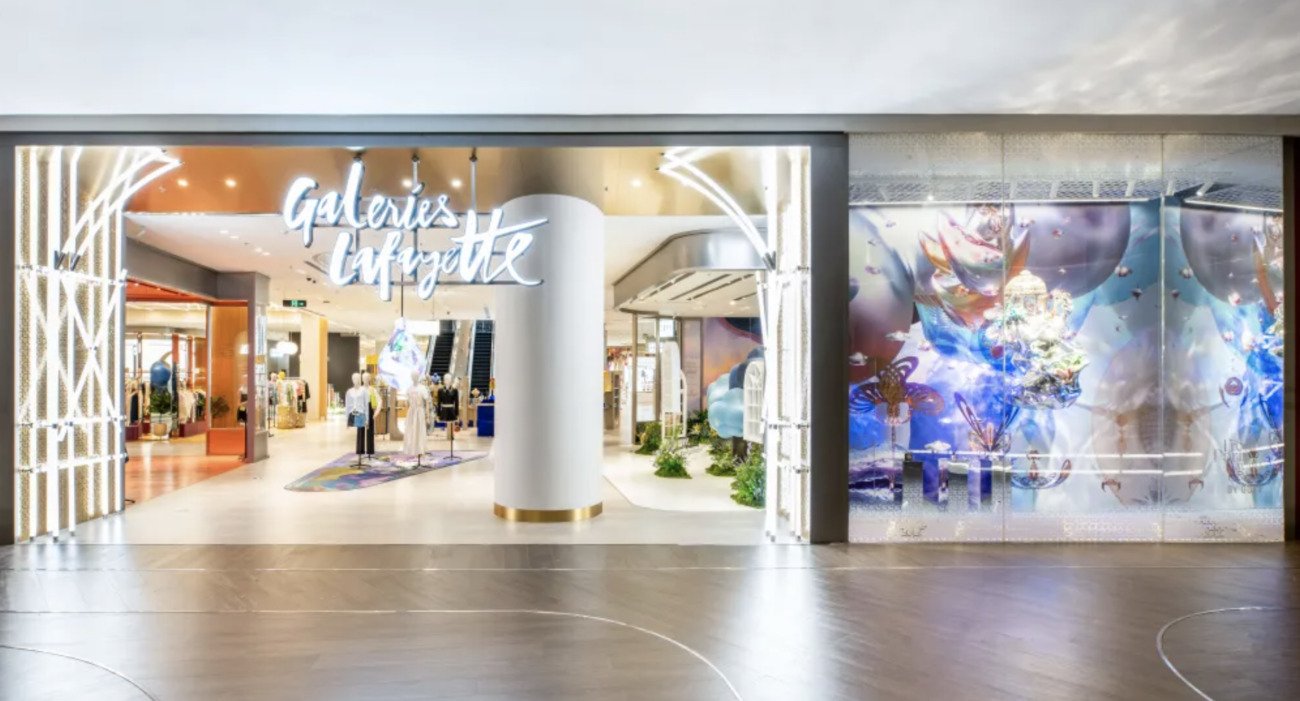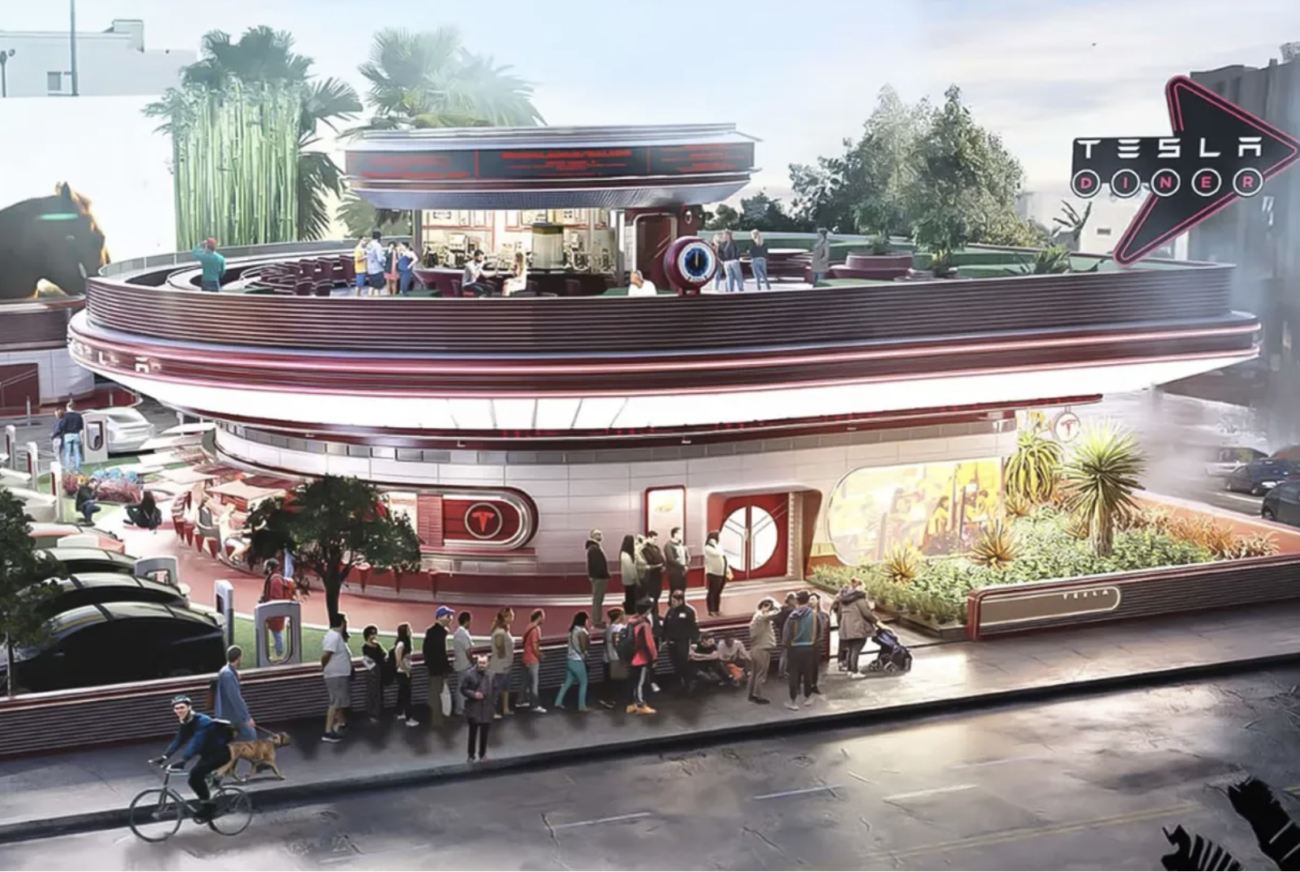“The ‘fall of the mall’ and ‘retail apocalypse’ have been buzz phrases littering businesses and consumer news sites for years now, but the pandemic seems to be the final nail in the coffin for the traditional mall,” said Brett Rose, founder and CEO of United National Consumer Suppliers, in emailed comments. “While anchor department stores and other major retailers shuttered or filed bankruptcy, the influx of vacancies has made the cost of maintaining malls unsustainable. The only solution for REITs is to get creative in repurposing the space.”
All is not lost. Malls, even those on the brink of extinction, still have enormous square footage and tons of parking — two things that make locations appealing for other types of ventures. Here are five innovative ways complexes are reinterpreting the definition of the mall.
1. COVID vaccination sites and medical spaces
The last decade has not been kind to department stores, and the pandemic has sped up problems that were already in motion, including declining foot traffic and over expansion.
Department stores who were referred to as the anchors of a shopping centre, have either fallen away or are revamping their strategies. The past few years have seen bankruptcies from Sears, Lord & Taylor, J.C. Penney and Neiman Marcus. In the spring of 2020, Green Street Advisors said it expected “a little more than half of all mall-based department stores to close by the end of 2021.”
That’s a lot of empty real estate.
Yet, one thing that the United States now needs is centralised spaces where people can receive COVID-19 vaccinations. Malls and empty department stores may be a perfect answer to that particular logistical conundrum. That’s what’s happening at the former Sears at Livingston Mall in Livingston, New Jersey, a Sears parking lot in Riverside, California, and at University Mall in Tampa, Florida, which have all turned into vaccination spots for locals.
But, it’s not just temporary clinics that are setting up in retail. Healthcare providers are looking to retail centres as plausible spaces for their services, according to a 2019 JLL Research report. “Primary care, specialty care or oncology all are finding success in retail centres,” the report found.
2. Gamer headquarters
Need a new headquarters for your company? Why not buy an entire mall?
That’s what happened when Epic Games, operator of the blockbuster game Fortnite, bought Cary Towne Center this year in Cary, North Carolina, with the intention of converting the mall property to its campus by 2024.
The company, which has been located in Cary for over two decades, is only moving a few miles from its current headquarters. But, the deal to purchase the mall is giving the video game company ample space — namely 980,000 square feet and 87 acres — for its offices and community space.
Epic Games struck a deal with Turnbridge Equities and Denali Properties, which acquired the mall in 2019 in a sale after the location lost three of its five anchor tenants.
“We’re extremely proud that Epic has chosen to call Cary home for their new global headquarters, and we greatly appreciate the company’s recognition of Cary’s existing assets as well as the unlimited potential of the area for their growing business,” Cary Mayor Harold Weinbrecht said in a statement.
3. Churches
Flipping retail property into another use may seem like a new concept, but in the late ’90s Lakes Church (which used to be Church at the Mall before a late 2019 name change) in Lakeland, Florida, purchased an entire mall. The shopping centre once contained Sam’s Club and Montgomery Ward, but now houses one of the campuses for the congregation.
Several other churches have claimed mall real estate as their homes, with some taking over entire buildings while other congregations have claimed only sections of the building, like former department store locations. With centralised locations and cost advantages, malls can be well suited as property for some congregations.
“We really have seen a lot of opportunities, not just in the location, but we found we’ve been able to find efficiencies of costs by being able to take distressed real estate, commercial real estate, and repurpose it,” David Lonsberry, executive director of business and finance at Christ Fellowship Church, said
Shopping centres inherently have what office real estate craves: square footage that could act as a blank canvas and parking. Now, some companies are trying to take advantage of how this sector of real estate is positioned within a community to centralise different companies and organisations.
Google announced in 2019 that it agreed to lease Westside Pavilion shopping centre in Los Angeles for its office campus, dubbed One Westside. The mall is expected to be fully converted by 2022 and connects to the Los Angeles Metro’s Expo Line, which provides light-rail service between the city’s downtown and Santa Monica. Hudson’s Bay reportedly has plans to redevelop the Lord & Taylor store at the King of Prussia Mall into office space, according to a Philadelphia Business Journal report from late January.
If a portion of the mall is converted into offices or co-working spaces, landlords and remaining stores largely hope that those efforts will drive traffic to stores and restaurants that are in the same location.
As traffic continues to taper off at malls, some locations have transformed spaces into warehouses for retail fulfilment. This trend started prior to the pandemic, but as e-commerce has intensified due to COVID-19, so has the shift to accommodate online operations.
E-commerce requires three times the logistics space of traditional storefronts, according to a 2020 report from Prologis. That necessitates the need for fulfilment locations in well-located logistics areas.
Even Walmart is considering the adaptation of some of its store space into areas for fulfilment. Last month, the big-box retailer said it plans to scale “the number of stores that will also serve as local fulfilment centres.” Those efforts require a modular warehouse built within or added to a store.
Similarly, some companies are considering mall space as a means of corralling local fulfilment for e-commerce orders as that channel increases in priority driven by the pandemic. Amazon was reportedly in talks with mall operators to turn department stores — including Sears and J.C. Penney locations — into fulfilment centres, according to a Wall Street Journal report from August.
There are several advantages to converting former department stores in this manner. Cost per square foot can be low, the former mall space tends to be in dense, urban areas, and the location can result in faster delivery. Although former retail spaces may not come with perfect infrastructure for a warehouse, reconfiguring the space is possible.

 English
English





